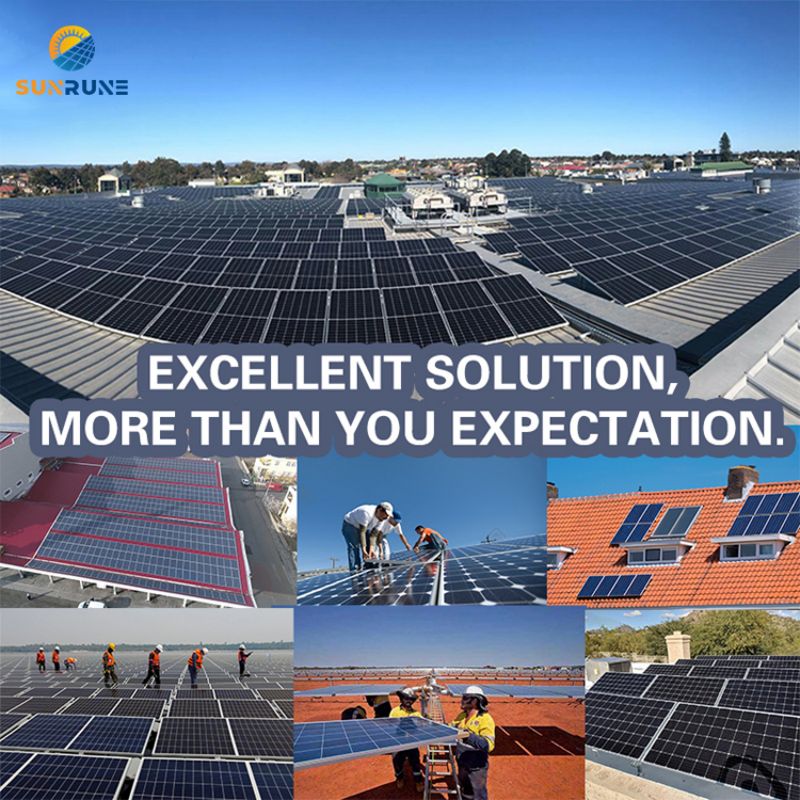The passage of the Inflation Reduction Act laid the foundation for significant expansion of the clean energy industry, especially the solar industry. The bill's clean energy incentives create an enabling environment for the growth and development of solar technology, which experts believe will lead to continued declines in solar panel costs.
The Inflation Reduction Act, recently signed into law, includes several provisions designed to promote the use of renewable energy and reduce carbon emissions. In particular, the bill provides tax incentives and other forms of financial support for the development and installation of solar energy systems. This has already had a significant impact on the economics of solar power generation, and industry analysts expect the changes will lead to significant reductions in the cost of solar panels.

One of the key reasons why solar panels are expected to continue to become cheaper is that lower inflation bills are expected to lead to increased demand. With new incentives in place, more businesses and homeowners are expected to invest in solar systems, driving overall demand for solar panels. Increased demand is expected to bring economies of scale in solar panel production, thereby lowering manufacturing costs and ultimately lowering prices for consumers.
In addition to increased demand, the Inflation Reduction Act also includes measures to support research and development in the solar industry. This innovative investment is expected to further improve the efficiency and cost-effectiveness of solar technology. As technology continues to improve, the cost of solar panels is likely to fall further, making solar an increasingly attractive option for consumers.
The falling cost of solar panels is changing the math for consumers in a number of ways. For one thing, the lower cost of solar panels means the overall cost of installing a solar system becomes more affordable. This, coupled with the tax incentives and other financial support provided by the Inflation Reduction Act, means the upfront costs of investing in solar are becoming increasingly manageable for many businesses and homeowners.
Additionally, falling solar panel costs also mean that the long-term savings associated with solar energy become more significant. As the cost of solar power continues to decrease, the economic benefits of investing in solar systems are becoming increasingly compelling. This is likely to drive more demand for solar panels in the coming years, further fueling the expansion of the solar industry.
Overall, the outlook for the solar industry is very positive following the Inflation Reduction Act. The combination of increased demand, R&D support, and falling costs will drive a boom in the solar industry, making solar an increasingly important part of the global energy mix. As a result, consumers can expect to see more affordable and efficient solar panels in the near future, making solar an increasingly attractive option for businesses and homeowners.
Post time: Jan-11-2024